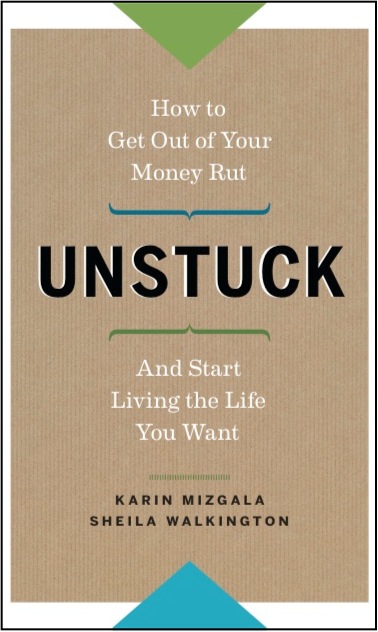For Carrie Gallant negotiating is more than an art or a science it is a way of life. “We negotiate every day,” she insists. And it’s not just in business, but also in our marriages, with our children, and every other aspect of our lives. “We compromise. We make trade offs. We offer to make dinner if someone else does the dishes. We negotiate something countless times every day.” But, she adds, “this doesn’t mean we’re always good at it.”
Gallant is a former lawyer who works as a professional negotiator and expert in conflict management and resolution. Her clients include large mining and pharmaceutical companies, small businesses, government organizations and individuals. She sees a growing necessity for people to bone up on their negotiating skills. For some this need is particularly urgent because their income or even their jobs are at risk.
According to Gallant, the recent recession has put a lot of financial pressure on both employers and employees. Raises that people were counting on are being axed. There is a much tougher line on salaries, bonuses and expense accounts. Even pensions are under siege as employers are looking for ways to cut back.
So, what happens the next time negotiating or renegotiating your salary? How can you make sure that you are earning what you are worth – even during a recession or a down dip in your employer’s fortunes? (After all, many Canadian employers are hiring their own top notch negotiators to nail down a tougher deal with you and your co-workers.)
Negotiating can vary from culture to culture with some countries embracing the art of haggling while others find it unseemly or stressful. Many women find negotiating salaries a particularly nerve wracking experience. Gallant says that some studies show that women can leave as much as a half million dollars on the table during their careers – simply from not valuing what they do and asking for what they are worth.
Negotiating is a learned skill, Gallant says, but it does take a little homework and some practice to get good at it. While it is difficult to share all of the tricks of her trade here (Gallant is writing an entire book on the subject), she does have a few helpful tips to help guide us through what can be a very trying process – especially if there is a lot at stake.
- Be prepared. Do your homework in advance of salary negotiations, promotions, or a change in jobs. “Work it out. Plan it out. Rehearse”
- Know and appreciate the true value of what you do. What leverage do you have – such as work experience, transferable skills, length of time with your employer, strong relationships with clients and suppliers, etc. In short, how much are you worth to them – to another employer – and, most importantly, to yourself?
- Realize that your employer’s offer is often just a starting position. In fact, it could be a test to see how confident you are in your job and how well you negotiate on their behalf
- A “no”, doesn’t necessarily mean the end of discussions. It could very well signal the real start of them and may simply mean you need to frame your desired outcome in a way that the other person can justify to “their people”
- Don’t be pressured into making a quick deal. You are entitled to think things over and get advice
- Know at what point you are willing to walk away if your legitimate needs are not being met. What alternatives or options are available to you within the organization or, perhaps, with a new employer. Remember that “No deal is often better than the wrong deal”
- Skilled negotiations often call for creative solutions. Maybe you can’t get more cash, but you can reduce your hours or have more vacation time. What do you have to trade? For example, you could offer to take a smaller office in exchange for an accelerated performance and salary review
Gallant’s style of negotiating is not about “winning vs losing”. It is about creating a deal that is fair to both parties based on mutual trust and respect. But you still have to negotiate for what you want and need. – Karin Mizgala
Check out www.thenegotiationcoach.com
Karin Mizgala is a Vancouver-based fee-only financial planner with an MBA and a degree in psychology. She’s the President of LifeDesign Financial and co-founder of the Women’s Financial Learning Centre.








 R’S GIFT
R’S GIFT
